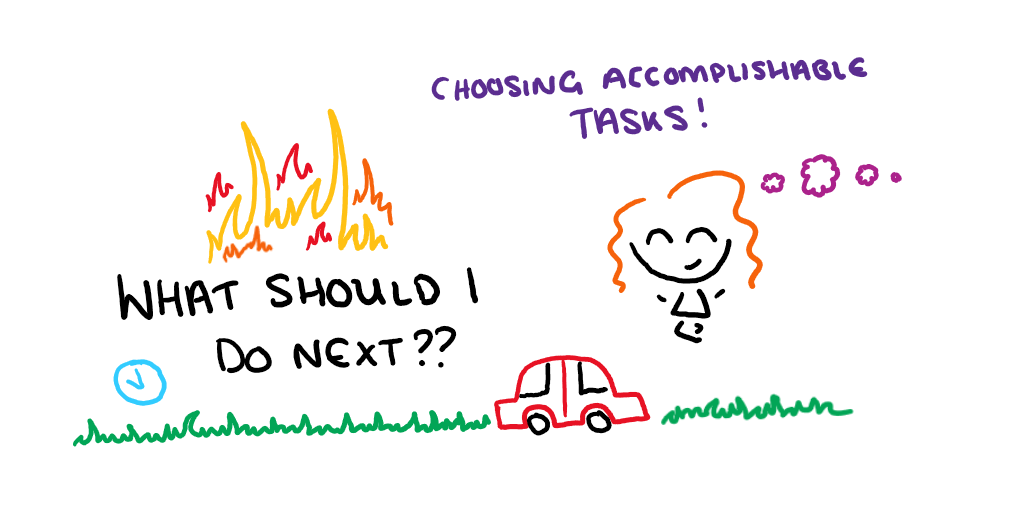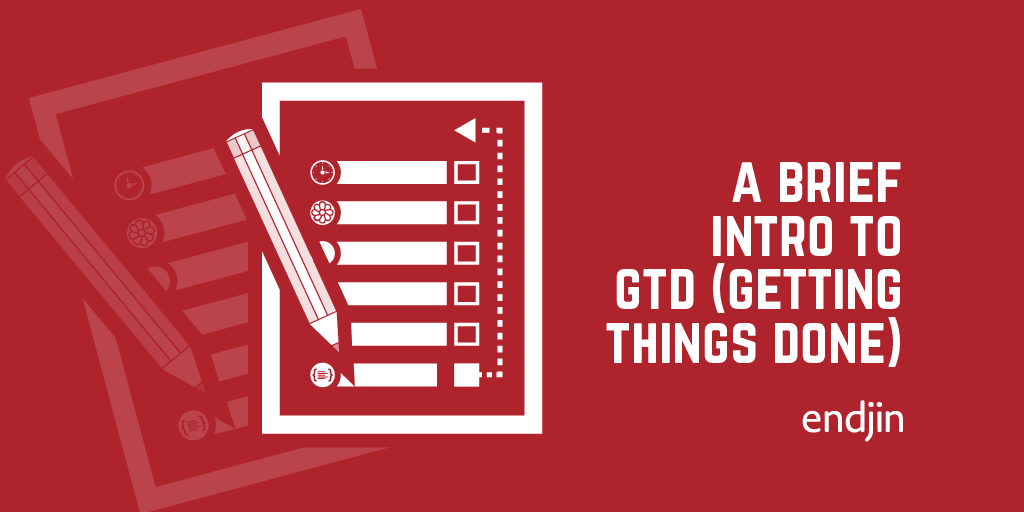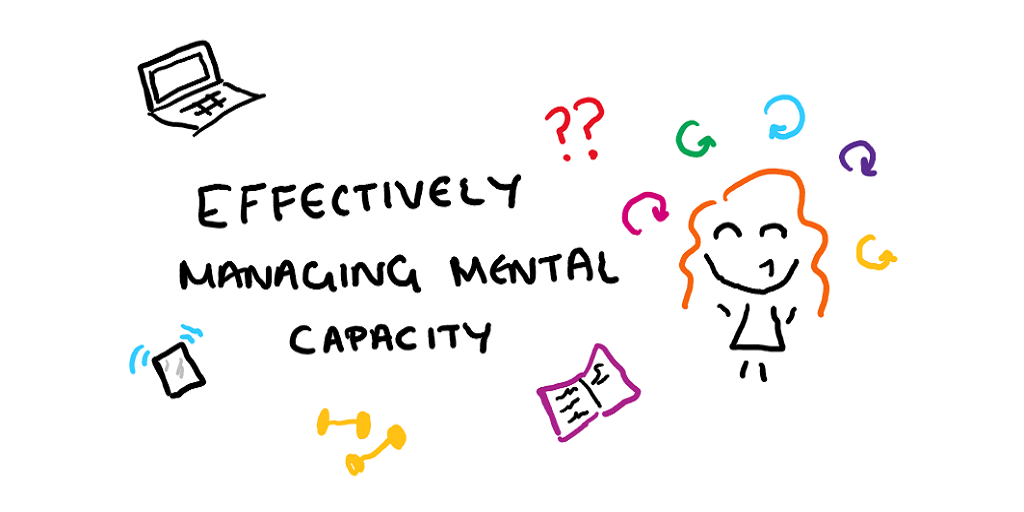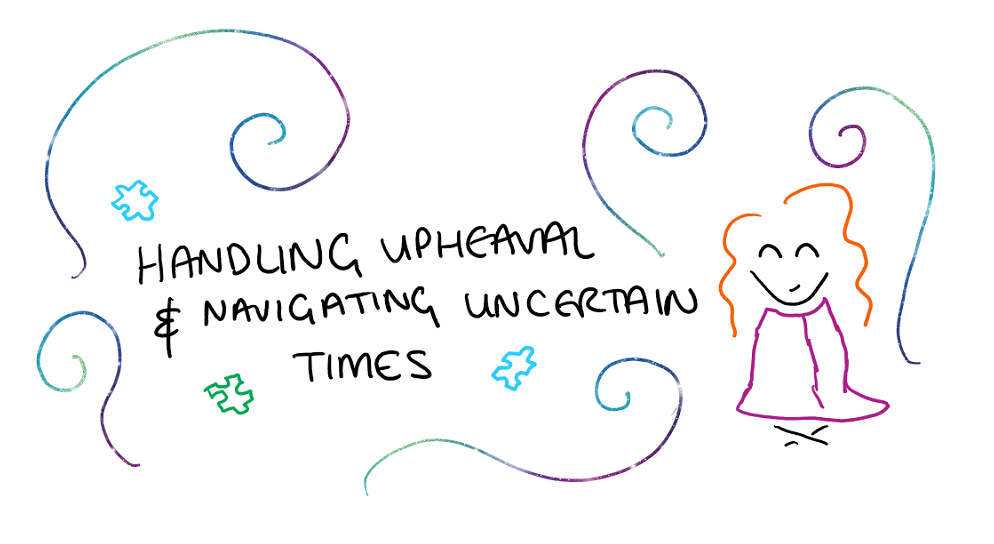What should I do next? - How to choose accomplishable tasks

I don't know about anyone else, but I often find myself at a bit of a loss as to what to do next. I mean this in a less existential way than it sounds (though perhaps I have a propensity for some of that too...), here I am specifically talking about deciding which task on my backlog I should tackle next.
Firstly, I think I should clarify what I mean when I say "task".
The term task covers just about anything that you need to do. These tasks can be both work or non-work related, they can be big or small, well-defined or vague.
Examples of work-related tasks are "write this proposal", "call so-and-so about this project", these are generally fairly well-defined. We also have tasks such as "buy bread", "call mum", which aren't work related, but the boundaries of which are still reasonably clear. Examples of less well-defined tasks could be "think about next year's holidays" (something I spend perhaps too much of my time on...) or "do something creative".
If we start thinking about all the ways in which we could spend our time, it can be quite overwhelming. In order to whittle down the choices, there are a few things which we can consider:
Context
The first thing to consider is your context. This context centres around where (and when) you are and what this means in terms of what you can achieve.
For example:
- Are you currently at work?
And by this I mean both "are you at the office" (most of us probably not at the moment), but also "is it currently within your set working hours" (which I think it is important to keep, whether or not you are now working remotely).
Other examples include:
- Are shops currently open?
- Are you currently at home? (It's difficult to tidy your bedroom from the office).
Clearly, the context in which you are making this decision has a huge influence on which task it is appropriate to start.

(Yes I really sit like this)
Resources
Then we must consider the resources available. This means cutting out any tasks for which you require something that you currently don't have access to.
For example:
- A computer?
- Your phone?
- A car?
Considering the context and resources seems extremely obvious, but they are the first steps in whittling down the total number of options.

Time
The next consideration is the time available to you. Usually it is best to plan on seeing a task through to completion. If this seems impossible, then you should think about whether your tasks are broken down enough – I find it really useful to, when writing a blog for example, break tasks down into chunks which can be completed in one sitting. This firstly means that I am never trying to think about too many things at the same time (because I generally only have one task in flight), and also makes me feel a lot more productive (because I get to put that satisfying tick next to things on a more regular basis).
Then, when choosing a task, you just consider how much time you have and eliminate any tasks which will not fit into that time box.

Mental capacity
The final thing to consider when eliminating tasks is your current mental capacity. There are some tasks, such as tidying my room, which I find I can do without much mental strain (one I've got past the hurdle of actually starting that is…). But there are other tasks such as writing a blog or, if you're a bit of a social recluse like me, calling a friend which require a lot more concentration.
It is important to attempt tasks which match the amount of capacity you have at any given moment. This is why I often choose to write my blog posts in stages – I very rarely find that I have enough concentration to be able to finish a post in one sitting.

Priority
Once we have eliminated the tasks which we can't currently tackle due to context / resources (be that physical, time related or mental), we must prioritise the remaining tasks. Of these tasks, there are usually some which are more urgent than others - and these are clearly the ones which should be tackled first.

And, in the absence of a clear priority... I guess just pick the one you'll enjoy the most (Or save that one for last, like the roast potatoes at Christmas...)!
And a final note: Mental capacity is something which I think is always worth bearing in mind. The depletion of this resource can have a huge impact on mental health, and I think that it's one of the biggest contributing factors in burn out. For more on this topic, give this post a read!




